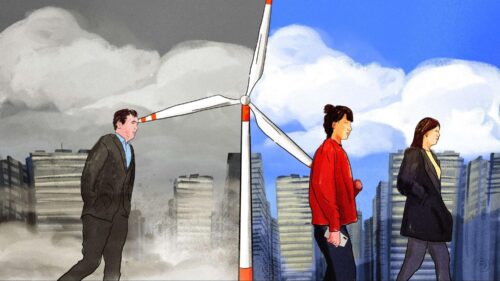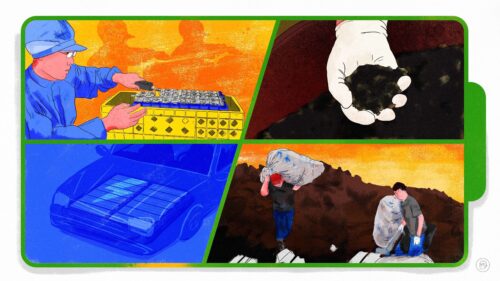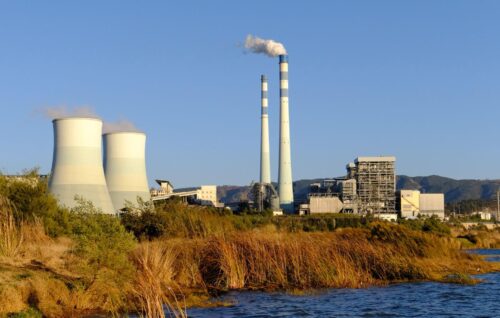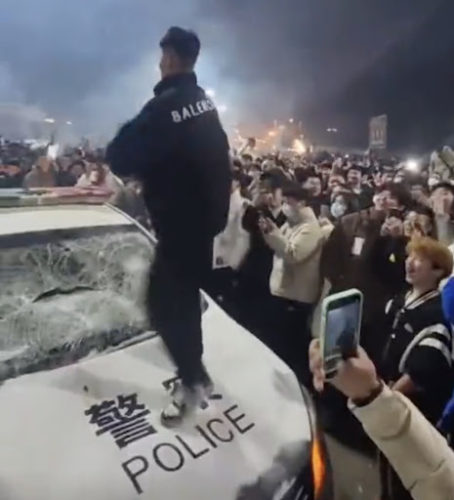Your hair spray is ruining Beijing’s air, experts warn. Beijingers are not amused.
Your hair spray is ruining Beijing’s air, experts warn. Beijingers are not amused.
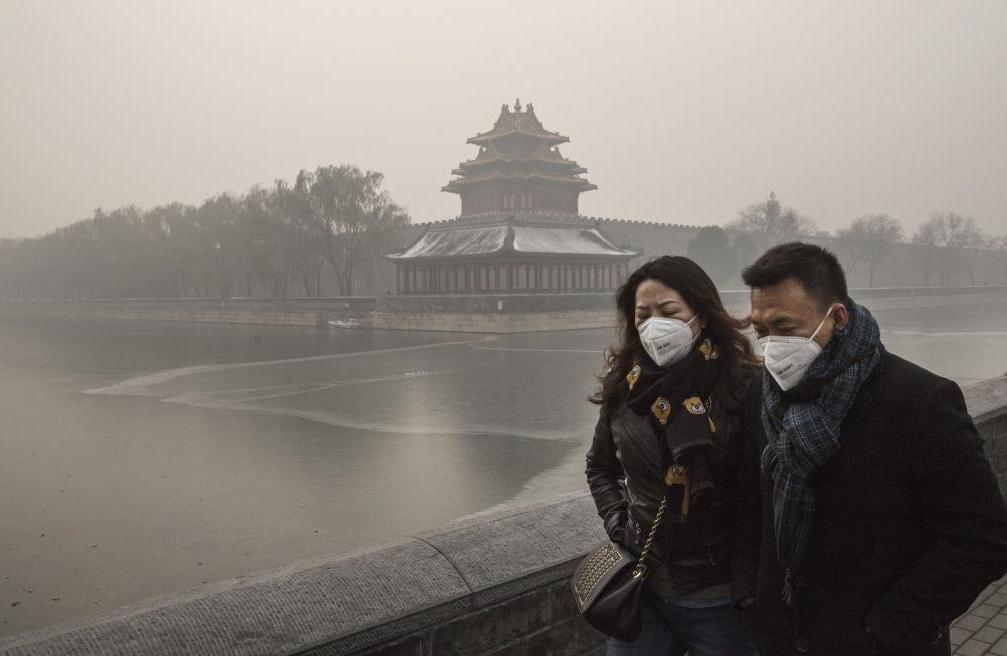
A new research study by the Beijing Municipal Research Institute of Environmental Protection on sources of the particulate pollutant PM2.5 in Beijing has concluded that everyday household products, such as hair spray and perfume, are causing nearly as much air pollution as industry, reports the Science and Technology Daily (in Chinese).
The study found that motor vehicles are the top source of the capital’s air pollution, making up 45 percent of all emissions. Urban dust makes up 16 percent. Pollutants from a range of consumer products — including hair products, perfume, deodorants, pesticides, air fresheners, and cleaning agents — make up 12 percent, the same proportion as industrial emissions. Coal burning is only responsible for 3 percent.
According to Shí Àijūn 石爱军, deputy head of the institute, chemicals in these household and personal care products can cause air pollution in the form of volatile organic compounds (VOCs). Once emitted, VOCs interact with other particles in the air and result in PM2.5 and PM10 particles as well as ozone.
To give an example, Táng Xiàoyán 唐孝炎, a professor at Peking University, said that in the summer of 2008, right before the opening of the Beijing Olympics, the air quality in the capital worsened greatly despite a series of anti-pollution measures. On August 5, in an unconventional attempt to clear the skies before the Olympics, the government ordered all laundromats in the city to stop operation. Within two days, the air in the capital improved remarkably.
The findings in this study, however, are not groundbreakingly new. Earlier this year, the journal Science published a U.S. study suggesting that volatile chemical products are “emerging as the largest petrochemical source of urban organic emissions.”
“Transport-derived emissions of volatile organic compounds (VOCs) have decreased owing to stricter controls on air pollution. This means that the relative importance of chemicals in pesticides, coatings, printing inks, adhesives, cleaning agents, and personal care products has increased,” the article says. “Thus, the focus of efforts to mitigate ozone formation and toxic chemical burdens needs to be adjusted.”
Péng Yīngdēng 彭应登, a research fellow involved in the study, told the Science and Technology Daily that in order to limit VOC emissions, the Beijing government has issued regulations targeting dry cleaners and construction companies in the city. But there are no measures in place to curb the growing use of chemical products among consumers.
Although none of the experts interviewed in the article criticized consumers, the study came under strong criticism on the Chinese internet. The backlash is understandable, given that Beijing officials used to blame home cooking for air pollution. Citizens feel that they are being scapegoated for the bad air while the government fails to impose tougher regulations on factories and power plants.
Also see:
Solution to Beijing smog? 15 million people with fans, suggests actual patent applicant


